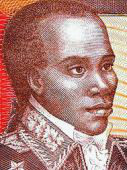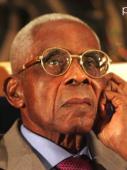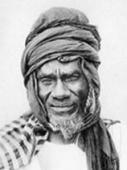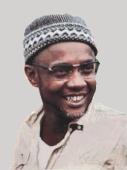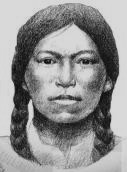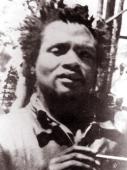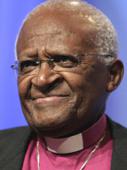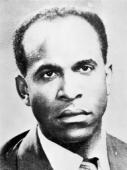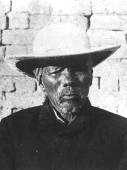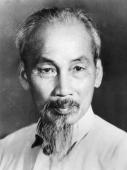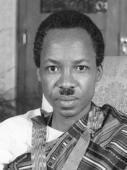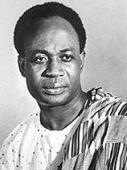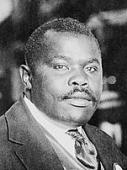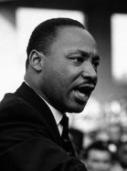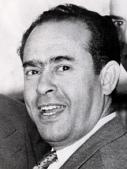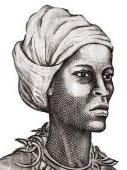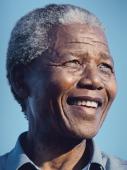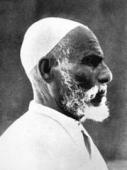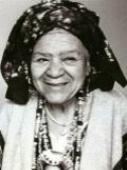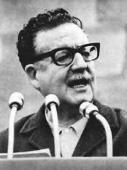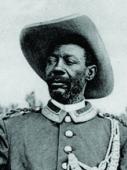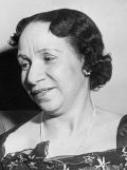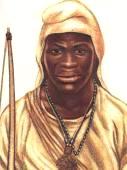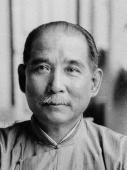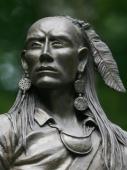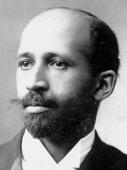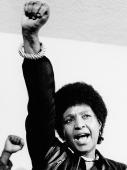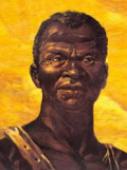From April 2016 it began a series of Reparations relays and rallies in collaboration with the CARICOM members which have committed to being part of the reparations movement. These events are being held on days of historical significance in relation to slavery, the slave trade or native genocide in each member State, each time passing the baton to the next State. The first event was held in Barbados, the second in Guyana, the third in Antigua and Barbuda and the fourth in Saint Lucia.
On June 4, 2016 the seventh Summit of Heads of State and Government of the Association of Caribbean States (ACS) was held in La Havana, the capital of Cuba, with the attendance of thirty-two delegations. At paragraph 7 of Havana Declaration the ACS [...] recognizes that slavery and the slave trade were atrocious crimes against humanity, reaffirms the Durban Declaration, in particular, the importance of establishing compensatory and reparatory effective resources and measures, among others, at the national, regional and international levels in order to cope with the persistent effects of the slavery and the transatlantic slave trade, and welcomes CARICOM's initiative for the creation of the Reparations Commission of the Caribbean Community, and praises the efforts of said commission to correct such injustices [...].
In the month of August 2016 then the CARICOM Reparations Commission launched its website and its presence on some social media to inform the public on what has done in recent years, on the progress in the struggle for reparations, on initiatives underway and those soon to be launched in CARICOM member States.
On September 23, 2016 in New York during the General debate of the 71st session of the United Nations General Assembly the Prime Minister of Saint Vincent and the Grenadines Ralph Gonsalves has underlined that [...] the Caribbean Community's determined quest for reparatory justice for victims of the transatlantic slave trade and native genocide continues to gather momentum [...] calling upon the European nations that created and profited immeasurably from this indefensible trade in human beings to join us in the conversation about the contours of a just and appropriate response to this monumental tragedy and its consequential legacy of underdevelopment [...].
On October 20, 2016 finally also in New York during the meeting on "Commemoration of the abolition of slavery and the transatlantic slave trade", item 120 of the agenda of the 71st session of the General Assembly, Cuba's representative [...] described the slave trade and the legacy of slavery as root causes of the profound social and economic inequalities, hatred and racism that continued to affect people of African descent today [...] underlining the need for full remedy and compensation for those horrific crimes [...].
Colonialism Reparation supports the request of the members of the Caribbean Community (CARICOM) for reparations for the genocide of the native people and the slavery and calls on the former colonizers (United Kingdom, France, Spain, Portugal, Netherlands, Norway, Sweden and Denmark) to apologize and pay reparations for the colonial period without being forced to appear before a court.

